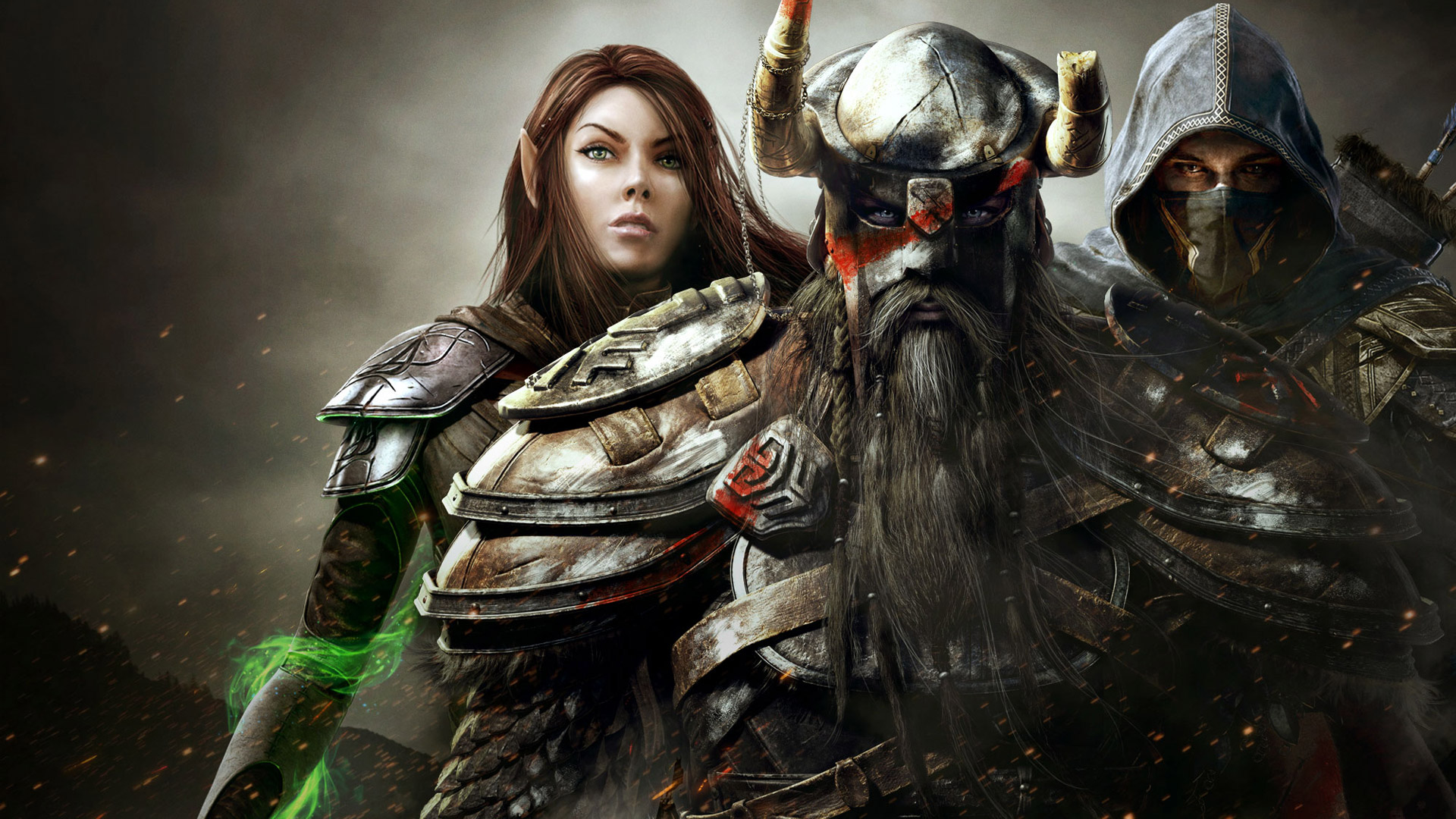
The traditional edge that the legitimate store has is its low $I (integrity) cost - there's no legal risk of getting in trouble by buying the real thing, and there's no associated moral guilt of doing something bad, though this guilt is only felt by those who care about such things. Let's compare the total 4-currency costs of buying legitimately, buying from G2A, and "buying" from pirate sites (with one's non-money-dollars).īuying a game legitimately looks like this to a typical consumer (Four-currency costs are always subjective and depend on the individual, so your weights may vary):ĭigital storefronts have gotten pretty good at reducing purchasing friction, to the point where the main obstacle is just having money, not the time & hassle of signing up for accounts and downloading & installing stuff. In short, G2A is an "ebay for Steam Keys" where people can sell & trade their unused digital game store keys on the secondary market, which means you can get games for cheaper than normal price. And of course the spark that started this recent controversy was this eye-opening post from TinyBuild. This video, "Den of Thieves", is great too. If you need some background on this, this excellent rant by TotalBiscuit is a great place to start. I'm simply arguing that this is how it is, and like it or not, we have to respond to these forces if we want to succeed in business. I'm not arguing that this is good, or right, or how-I-think-it-should-be. People favor the product that charges the lowest total four-currency cost. These are simply the most salient for my purposes. Obviously the weight of the latter is subjective and varies from person to person, but it is a real cost that weighs just as greatly as the others.ġThere's more than just four of these "psychological currencies", probably an infinite amount. Through this lens, piracy is a competing "service" that costs zero $M, but has some non-zero $T and $P cost, not to mention the $I (integrity) cost associated with doing something that incurs legal risk and/or violates a person's moral code. I propose that music, movies, and games (like most goods and services) don't have just one price, but four 1:

#THE ELDER SCROLLS ONLINE G2A FREE#
Let me try to explain my position using the "Four Currencies" model, perhaps my most popular article of all time.Ī summary of the "four currencies" theory is quoted here, feel free to skip if you're familiar: Do Yourself a Favorīut it's not just the worst deal for me, it's literally the worst deal for you the consumer, even if you don't give a fig about developers and publishers and just want to save a few bucks (I won't judge, I swear!). If you're not going to make the best choice, please don't dive straight into the worst choice. But I'm a realist, and piracy is so much less worse than buying from seedy online pawn shops like G2A. To be clear, I don't agree with or condone piracy. If you're going to be buying Defender's Quest from us then knock yourself out! But if you're going to buy it from a grey-market key reselling site like G2A, then, please, please, just pirate the game instead. I never thought the day would come where I would passionately argue that fans should pirate my game rather than pay for it, but here we are.


 0 kommentar(er)
0 kommentar(er)
